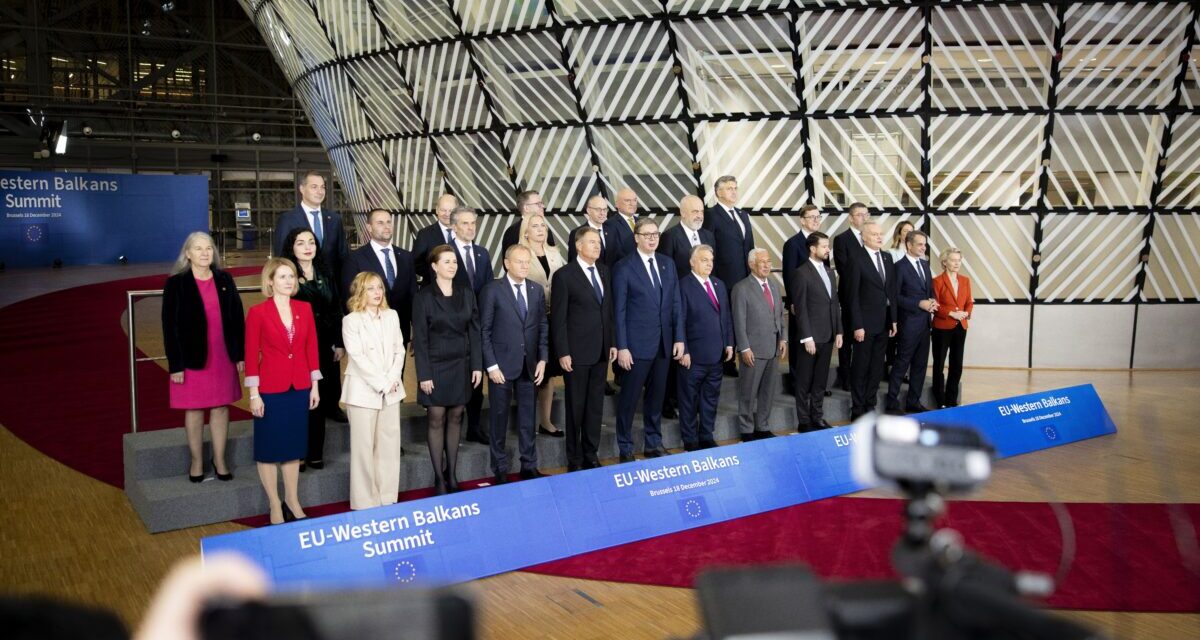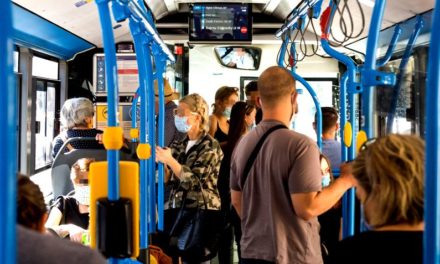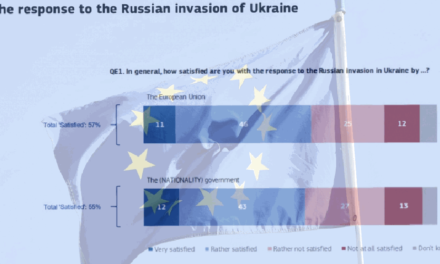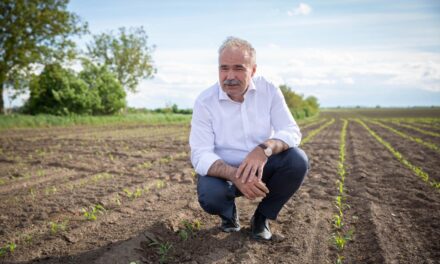It was good fun, it was a man's job, the prime minister said.
On Wednesday in Brussels, Prime Minister Viktor Orbán described Hungary's EU presidency as a six-month term that ended with great success.
In his press statement at the summit of the European Union and the Western Balkan countries, the Prime Minister said that the work done in the past six months must be sealed.
As he said, all Western Balkan countries have moved forward, some have moved forward with seven-mile boots.
There is no country that has not benefited from our work, and if I include the Schengen area as well, then this is a six-month period that ends with great success - stated Viktor Orbán, adding: now all we need to do is put the stamp on it and say, that it was good fun, men's work.
Regarding the state of the Hungarian economy, the Prime Minister said that we will measure ourselves by 2010.
As he said, they always compare the performance before 2010 with the current one, "and we see that it has become a completely different, much more modern country, and we are happy about that."
When asked if he thought the economy was fine, he answered that "it is never fine, the economy is a bicycle that always needs to be turned, otherwise it will turn out."
Regarding the question about the Ukrainian gas pipeline and what the Hungarian government is planning, the Prime Minister said that they are working on it.
Ursula von der Leyen, President of the European Commission, and António Costa, President of the European Council, both praised the European Union's enlargement policy in Brussels on Wednesday, emphasizing that the enlargement of the EU brings significant benefits to both the EU member states and the countries wishing to join.
At their joint press conference following the summit of the European Union and the Western Balkan countries, the politicians pointed out that in recent years the enlargement policy has gained new momentum, adding that they will work together to break down the remaining obstacles to accession.
At today's summit, it became clear that the European Union and the Western Balkans belong to the same European family, stated Costa, recalling that every single country that has already joined the EU has gone through a recovery. This is Europe's promise for economic prosperity, he said.
Costa further underlined that the expansion is also a geostrategic investment in peace, stability and security, and the people living in the countries of the Western Balkan region will experience the benefits of economic development in the next ten years, among others in the form of new jobs.
In connection with the accession process, he stated: the focus must continue on "staged and sustainable" reforms in the countries wishing to join. As he said, significant development has been experienced in the region in recent years, primarily on the part of Montenegro and Albania.
We must take advantage of the moment and create all the necessary conditions for enlargement, he said, adding that the future of the Western Balkans is in the EU.
Ursula von der Leyen pointed out that the challenges of recent years - the coronavirus pandemic and the war in Ukraine - accelerated the enlargement process. It is no longer enough to simply leave the door open for those who want to join, we must actively bring them closer to us, he stated.
As he said, they continue their cooperation with the Western Balkan states with two priorities in mind, one is the EU enlargement itself, and the other is the gradual integration of these countries into the EU market.
Turning to enlargement, von der Leyen highlighted that this week, among others, three more enlargement chapters were concluded with Montenegro, and the cluster on foreign relations was opened with Albania.
Enlargement works, history proves it, he stated, citing the 1995 and 2004 enlargements as examples, which made the EU stronger.
He cautioned, however, that success is not just a matter of preparation; as he said, both sides must be prepared. Future member states must prepare for the responsibilities of membership, and the EU must also prepare for the "extended family".
In view of the geopolitical situation, we are doubling our efforts in terms of providing support to our partners who want to develop, he stated, citing as an example the plan adopted in 2020 to support the Western Balkan region with 30 billion euros.
As he said, the growth plan brings the economy of the Western Balkan countries closer to the EU, which is currently 35 percent of the EU average.
Von der Leyen also praised the deepening of the economic relations between the Western Balkan countries and both leaders agreed that these states should be helped to smooth out the differences between them.
MTI
Cover photo: Prime Minister Viktor Orbán (front row, center, b7) at the EU-Western Balkans summit in Brussels on December 18, 2024, in the photo published by the Prime Minister's Press Office.
Source: MTI/Prime Minister's Press Office/Zoltán Fischer













